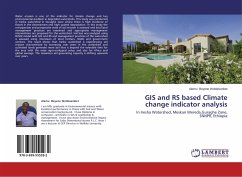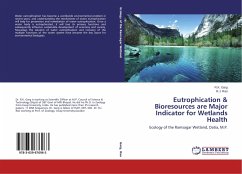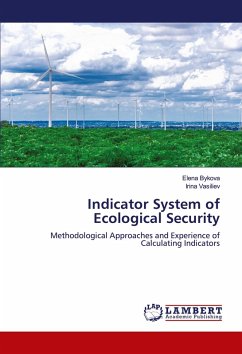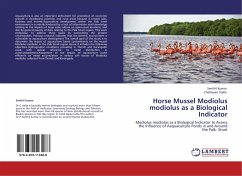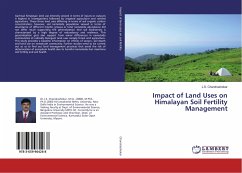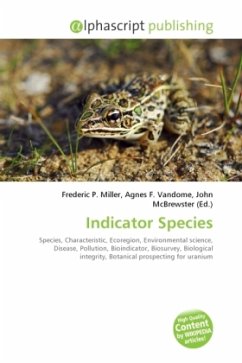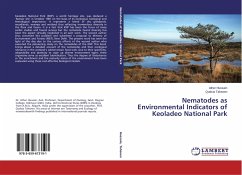Nematodes, as one component of the soil ecosystem, interact with biotic and abiotic factors, as they live in capillary water; their permeable cuticle helps in maintaining direct contact with their micro-environment and any minor change in the environment affect them directly, which can be easily studied by their assemblages using various indices. They are classified on the basis of their feeding behaviour, which helps them to serve as good indicators of soil ecosystem. They also occupy a key position in the soil food webs and may help in regulating it. In the present work, nematodes have been studied under different field stresses involving agro-ecosystems to coal mines and are found to be perfect indicators of soil as reflected by use of faunal profiles and representative indices.
Bitte wählen Sie Ihr Anliegen aus.
Rechnungen
Retourenschein anfordern
Bestellstatus
Storno


